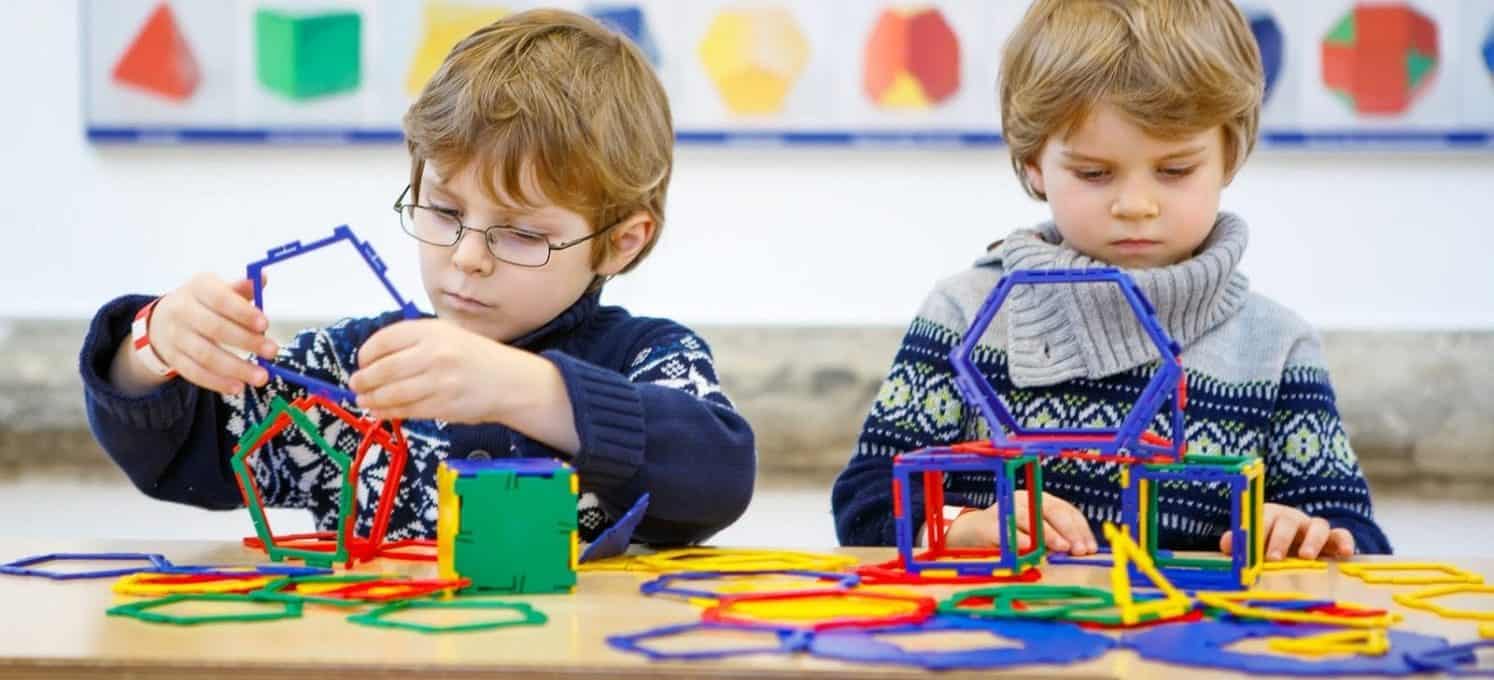
27th November 2018
Maths activities for Year 1: what are the most effective?
Maths activities for Year 1
Considered one of the most important subjects, maths is an essential part of every pupil’s experience in early education. It’s a vital skill – a sound grasp of mathematics will benefit a child in myriad ways both in school and throughout the rest of their life. Nevertheless, maths is an abstract subject and pupils commonly find it difficult and/or boring, especially at a young age or if they are not taught properly. If you’re teaching younger children maths, helping them to have a good relationship with the subject and build some sound knowledge is vital. Year 1 classes have mathematics classes on a daily basis, so it is important to vary their lessons in order to avoid boredom. Make sure that you start with some maths warm up games and incorporate plenty of fun maths activities into your classes to create a challenging and stimulating environment for your pupils.
Maths activities for Year 1: things to consider
The children in Year 1 are aged five or six, and at this age the nature of maths makes it difficult as their ability to understand abstract concepts is not fully developed. Pick mathematical problems that are relevant to your pupils’ lives, as contextualising an abstract subject will help children to understand it. Practice the basic sum or mathematical statement – for instance, how to measure an object or the name of a mathematical shape. Then encourage the children to find another object in the classroom that measures more or less, or that has the shape you just named. It is also important to incorporate mathematical challenges throughout the day without necessarily labeling them ‘maths’. Teaching children arithmetic outside of the context of a maths class will do wonders to dispel the idea that maths has no relevance in their lives.
Maths activities for Year 1: tools to use
It’s a good idea to give pupils in your younger maths classes physical objects that they can touch and manipulate in order to work out their sums. When planning a maths activity for your Year 1 pupils, consider what tools would be best to use for their understanding. Make sure that all the equipment you’re using in your maths classes is appropriate for Year 1 pupils – for instance, rulers should be big enough for little hands to use without difficulty and have large numbers that children will have no problem reading. Likewise, when using written tools such as number lines or number squares to help with basic addition and subtraction, make sure that the charts are sturdy and the numbers are large. It is also a good idea to laminate number squares so that you can use them to illustrate simple fractions. Some mathematics tools can also act as a bridge from one skill level to the next. You can use a tool such as an abacus in order to start teaching your pupils to calculate larger and more complex sums. This will especially benefit kinesthetic learners. Year 1 is also the stage at which pupils begin to learn another vital mathematical skill – telling the time. One of the best ways to teach children the time is to give them clocks with movable hands that they can reposition them to show various times. Give each child – or each pair or group, depending on how your class is structured – a clock and call out times, then ask them to show these times on their clocks. Begin with hour hand only, then work up to clocks with minute and second hands.
Maths activities for Year 1: games
There are plenty of online activities that are effective at honing children’s skills at arithmetic. Completing maths activities online creates a fun atmosphere and introduces an element of playfulness to what might otherwise have been a boring task. If you have access to computers, consider using one of the many excellent online numeracy resources suitable for this age group. These include:
- BBC Starship Maths
- Underwater Counting
- Pay Using 1 Coin
- Counting Objects
- Pattern Matcher
- Venn Diagrams
- Number Jumbler
- Math Lines
Are you looking to work with children abroad? Contact us to learn more about the teaching jobs in London and the wider UK that we offer?
Register with the international agency that puts your goals first!
At Engage, we work hard to make sure all our teachers and support staff have a satisfying work/life balance, providing training opportunities, wellbeing support, retail discounts and exclusive travel deals.
Register today!Recommended for you
Ways to support your students during Ramadan
What is Ramadan? Ramadan, the ninth month of the Islamic calendar has...
- Your Career
- •
- 3 Min Read
Safer Internet Day 2024
What is Safer Internet Day? Safer Internet Day is a globally celebrated...
- Your Career
- •
- 3 Min Read
How to prepare for a successful school year as a teacher
The beginning of a school year can be daunting and nerve-racking but...
- Your Career
- •
- 3 Min Read

